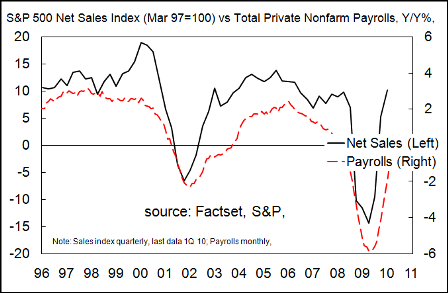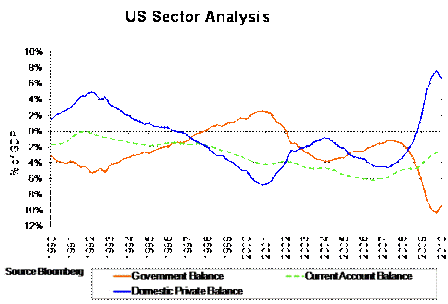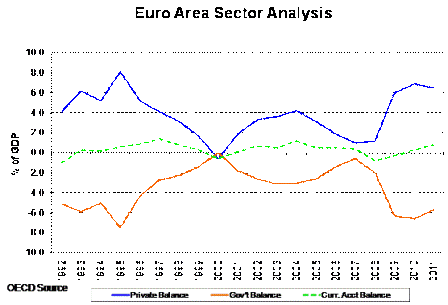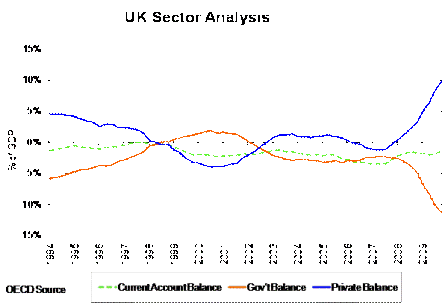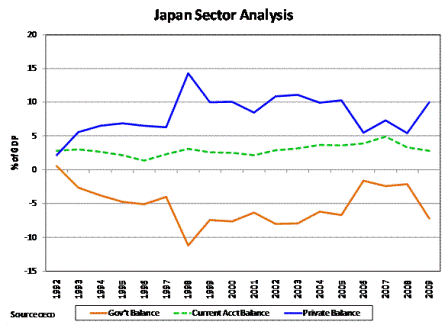This latest announcement of the purchase of Irish bonds shows the ECB is continuing its policy of buying national govt bonds to facilitate solvency:
EU Headlines:
Europe’s bankers in talks over bail-out fund
Support for European spending cuts strong
European Bank’s Economist Is Optimistic on Sovereign Debt, but Critics Are Wary
EU Ministers Pressured to Give More Stress Test Data
ECB’s Bini Smaghi Favors Lower Deficit Limit for Stability Pact
ECB Buys 8 Billion Euros of Irish Bonds, Sunday Tribune Says
ECB Buys 8 Billion Euros of Irish Bonds, Sunday Tribune Says
July 11 (Bloomberg) — The European Central Bank bought about 8 billion euros ($10.1 billion) of Irish government bonds in the last seven weeks, the Sunday Tribune said, without saying where it got the information. The purchases account for as much as 10 percent of outstanding Irish bonds, the Dublin-based newspaper said.

